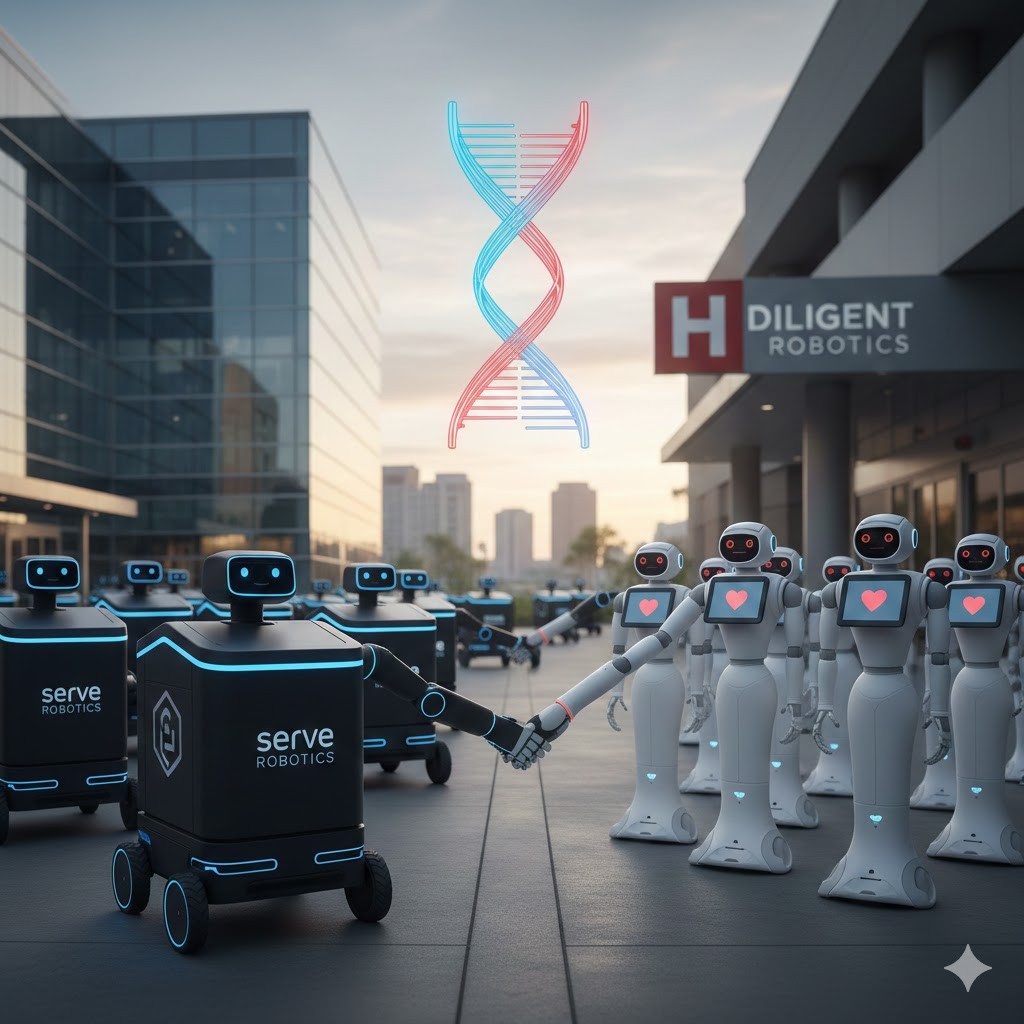Mercedes-Benz has taken another decisive step in its digital transformation journey by expanding its strategic collaboration with Microsoft. This partnership is aimed at advancing in-car connectivity, integrating artificial intelligence, and building a robust ecosystem that extends the digital lifestyle from homes and offices into the car. For the luxury automaker, the connected car is no longer a futuristic concept—it is becoming a core part of its product offering, and this deepened collaboration underscores the brand’s vision of vehicles as smart, evolving digital companions.
Through this partnership, Microsoft’s expertise in cloud computing, data analytics, and AI technologies will converge with Mercedes-Benz’s decades-long experience in automotive engineering and design. The result will be a new generation of software-driven vehicles that offer drivers a more personalized, seamless, and secure experience. These next-generation Mercedes models are expected to act as extensions of users’ digital lives, capable of adapting to personal preferences and integrating with a broad range of digital services in real-time.
At the heart of this collaboration is the use of Microsoft Azure, a cloud platform that enables real-time data processing on a massive scale. Connected cars produce enormous volumes of data—from sensors monitoring road conditions, traffic patterns, engine health, driver behavior, and entertainment preferences. Microsoft’s cloud solutions will ensure that this data can be processed, analyzed, and delivered back to the car within milliseconds, allowing for features like predictive maintenance, dynamic navigation that adapts to real-time conditions, and enhanced driver-assist functions.
One of the goals of this partnership is to evolve the concept of the car from a standalone vehicle into a mobile digital environment. Mercedes-Benz envisions a scenario where a driver can begin a video conference at home, continue it seamlessly in the car, and finish it at the office without disruption. Similarly, entertainment systems will integrate with streaming platforms, personal playlists, and smart home devices. AI will play a key role, predicting driver needs before they are even expressed—such as adjusting the cabin climate, suggesting optimal routes, or prompting a driver to take a break based on behavioral patterns.
Safety remains a central focus, and the integration of cloud computing will allow cars to benefit from over-the-air updates that continuously improve vehicle systems. Advanced driver-assistance systems, powered by AI, will also benefit from this architecture by receiving updated algorithms that refine their ability to detect hazards and prevent accidents. This model of continuous learning makes every vehicle smarter over time, an approach inspired by the software industry’s iterative development cycle.
For Microsoft, this collaboration represents another significant push into the automotive sector. The tech giant sees vehicles as the next major frontier for cloud and AI applications, and its partnership with Mercedes-Benz positions it at the center of this transformation. By working closely with an iconic automaker, Microsoft can apply its capabilities in machine learning, cybersecurity, and cloud infrastructure to an industry that increasingly values software innovation as much as mechanical engineering.
Consumers, too, are driving this change. Modern car buyers expect their vehicles to be as smart and connected as their smartphones, offering digital services on demand. Mercedes-Benz and Microsoft recognize that the future of mobility lies in digital ecosystems where cars are not just transportation tools but personalized environments capable of responding dynamically to the user’s lifestyle. By embedding these capabilities into the car, automakers are redefining the customer experience, making it more interactive and more adaptive.
In addition, Mercedes-Benz has stated that this collaboration will help speed up its transition to electric and software-centric vehicles. With the complexity of electric powertrains and the need to manage energy usage intelligently, cloud-driven analytics and machine learning models will become essential in optimizing performance and efficiency. Microsoft’s cloud platform is expected to provide the foundation for these innovations, allowing Mercedes to develop smarter systems that reduce energy waste and enhance the overall driving experience.
This partnership also has broader implications for the automotive industry as a whole. As more automakers partner with technology companies, the lines between automotive manufacturing and digital innovation are blurring. Cars are no longer just hardware—they are becoming platforms that require continuous software development, regular updates, and ecosystem-level thinking.
The deepened collaboration between Mercedes-Benz and Microsoft is not just about adding digital features to vehicles; it is about fundamentally redefining mobility. By combining the strengths of two global leaders, this initiative is laying the groundwork for cars that will learn, adapt, and evolve alongside their drivers, making every journey safer, smarter, and more engaging. As the future of connected mobility takes shape, this partnership represents one of the clearest signs that we are moving rapidly toward a world where vehicles are fully integrated digital companions.
NEVER MISS A THING!
Subscribe and get freshly baked articles. Join the community!
Join the newsletter to receive the latest updates in your inbox.






